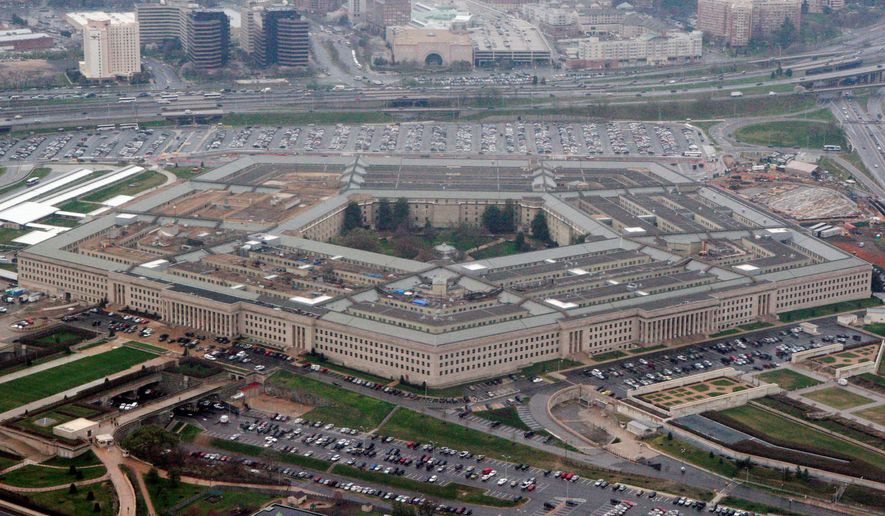Leaders in Austin, Texas, say their city is ready to play a central role in the Army’s biggest reorganization effort in over more than decades and that the “unique combination of resources” in and around the state capital make it the ideal partner for the Pentagon.
The Defense Department last Friday chose Austin over four other major U.S. metropolitan areas to host the groundbreaking Army Futures Command, making the city the center of the Army’s 21st-century modernization effort.
Army leaders say the command will focus on preparing the U.S. for future conflicts and will become the hub for technological research-and-development efforts.
As a result of the decision, Austin will reap the massive economic benefits associated with a major military installation coming to town. The command, which will consist of about 500 workers and be led by a four-star general, will partner with academia and private industry in the area, potentially turning the city into a magnet for businesses looking to land lucrative Pentagon contracts.
“The legacy of America’s freedom depends in part on the ability of our armed forces to remain at the forefront of technological advancement, expand our military’s power to assess threats and modernize our defense,” Texas Gov. Greg Abbott, a Republican, said in a statement, adding that Texas and the Army will be partners aiming to “harness the cutting-edge technologies” needed for America’s national defense.
Austin Chamber of Commerce Chairman Phil Wilson called the decision a “major win” for the entire Austin region.
“It further reinforces our unique combination of resources — a deep talent base, innovative thinkers and high quality of life — that make the area so attractive,” Mr. Wilson said.
Pentagon officials say Austin presents a better environment than the other four finalists — Philadelphia, Boston, Minneapolis and Raleigh, North Carolina. Officials specifically cited the city’s academic institutions, infrastructure and cost of living as specific reasons they picked the city.
“As we looked at each city … we envisioned how each city ecosystem would support our modernization effort,” Army Under Secretary Ryan McCarthy told reporters at a Pentagon press conference on Friday. “We do not have time to build this ecosystem. It needed to be ready immediately.”
He added that the Army Futures Command represents a “radical cultural change” for the military. Army leaders in Austin will work directly with universities, researchers, private companies and other stakeholders to prepare the Army for future conflict.
“It will turn ideas into action through experimenting, prototyping and testing,” said Army Secretary Mark Esper.
Officials said the Army’s course adjustment is overdue, and that it’s time for the military to transition from the form of warfare seen in Iraq and Afghanistan over the past 16 years.
“We set aside major modernization programs in order to fight the current fight. As those fights have wound down, we made a conscious decision to maintain readiness for the current fight as our No. 1 priority, as that will maintain, but also to shift gears and re-energize our modernization effort,” said Army Chief of Staff Gen. Mark Milley.
Top Texas lawmakers had spent the past several months lobbying the Pentagon to pick Austin.
“With the innovation and business growth occurring around our state, the many high-tech companies, and dozens of companies that supply all manner of advanced technology to our military, Texas is uniquely positioned to ensure the Army succeeds in this new mission,” Sen. Ted Cruz, Texas Republican, said in a statement.
• Ben Wolfgang can be reached at bwolfgang@washingtontimes.com.




Please read our comment policy before commenting.